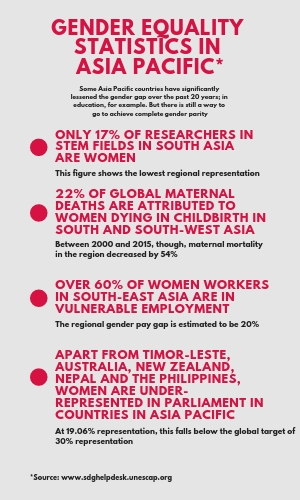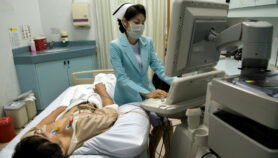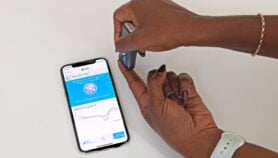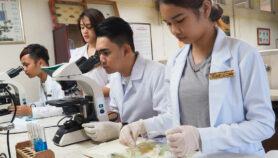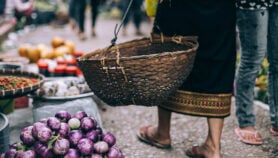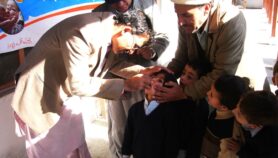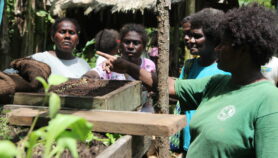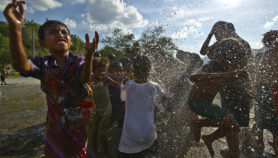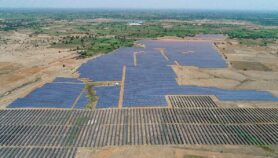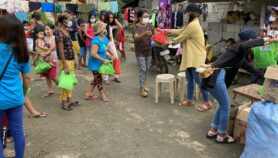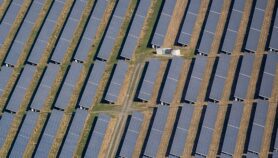29/03/19
Inequality hampers progress on SDGs in Asia Pacific
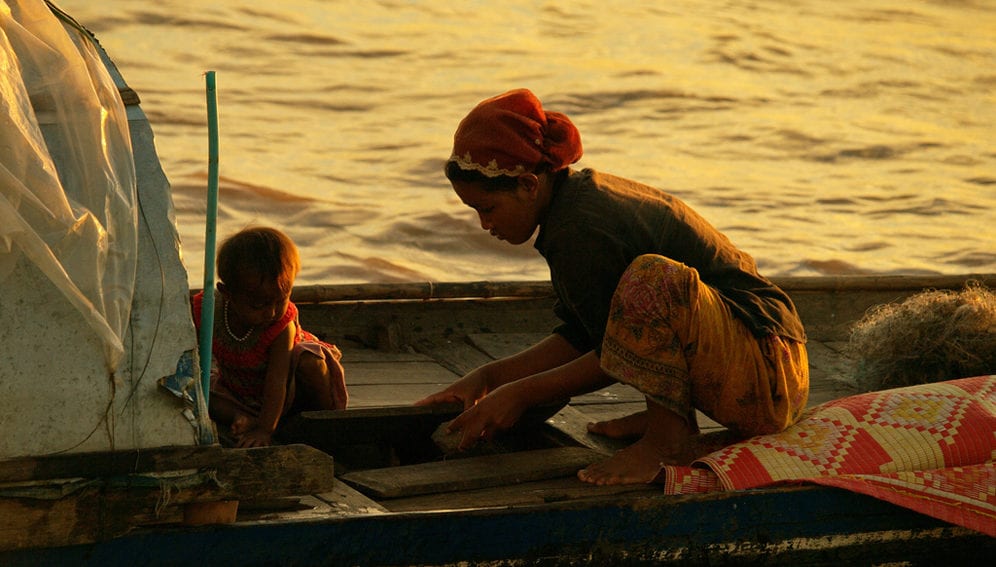
By: Trudy Harris
Send to a friend
The details you provide on this page will not be used to send unsolicited email, and will not be sold to a 3rd party. See privacy policy.
[BANGKOK] Rising inequality in the Asia Pacific is halting progress on the Sustainable Development Goals (SDGs), with urgent action needed to bridge the growing divide between rich and poor, UN Deputy Secretary-General Amina Mohammed has warned.
More women, girls, young people and other groups need to be empowered and included in social and economic development initiatives to reverse the trend, Mohammed told a conference in Bangkok this week (27 to 29 March) aimed at tracking progress on SDGs in the region, home to 60 per cent of the world’s population.
“While the region has become home to the largest number of billionaires in the world, still millions of people lack access to fundamental services”
UN Deputy Secretary-General Amina Mohammed
“While the region has become home to the largest number of billionaires in the world, still millions of people lack access to fundamental services,” Mohammed told several hundred UN agency, government, NGO and business delegates to the conference convened by the UN Economic and Social Commission for Asia and the Pacific (ESCAP). “Inequality of wealth, of access to basic services and inequality [in] the ability to withstand setbacks and respond to the ravages wrought by climate change are all on the rise. The numbers are very clear and they are very stark.”
Almost two-thirds of the region’s working women are employed in the informal sector, meaning their jobs are insecure and they have little or no access to social or labour protection, Mohammed said, as an example.
A report released at the conference proposed a framework for governments to help them speed up empowerment and inclusion to meet the goals. The report, by the Asian Development Bank, ESCAP and UN Development Programme, focused on the importance of ensuring human rights and access to justice to all sections of society.
For example, access to traditional forests, fishing grounds or other natural resources protected by governments is critical for small-scale farmers, indigenous people and rural communities.
Unfortunately, the report found that most countries in the region do not have laws addressing land rights for indigenous communities.
The report also stressed the need for all groups to play a role in determining their future. For instance, farmers and fishing communities can plan and design strategies to protect themselves against extreme weather, rising sea levels and other impacts of climate change.
Fiji’s minister for fisheries Semi Koroilavesau said chiefs and tribal elders in his country had a key role in managing fishing grounds threatened by overfishing and other unsustainable practices. The elders were charged, for example, with ensuring fishing was restricted during the spawning seasons and with setting up no-take zones in fragile areas.
The report also focused on ensuring social rules, norms and practices do not reinforce violence and discrimination against women and minority groups, nor lock them out of education, jobs and other opportunities. Child marriage, for example, prevails to such an extent that over 30 per cent of girls are married before they turn 18 in parts of the region.
“Asia Pacific’s growth and poverty reduction have not translated into the kind of human development we want to see. We need to not only take sustainable economic development seriously but also inclusive growth to achieve equality,” said Haoliang Xu, director of UNDP’s Asia-Pacific bureau.
Bangladesh’s education minister Dipu Moni said there are policies in his country aimed at keeping girls in school longer. These include providing free education for them through to the 12th year. The government is also targeting unemployed women in rural areas for teacher training to give them jobs and improve the quality of teaching at public schools.Access to resources is critical for women and disadvantaged groups to reduce inequality, the report said. So that they can build a better future for themselves, they need access to health and other public services as well as skills training, knowledge and technology development.
Demonstrating this, a social enterprise underway in northern Malaysia has trained women pineapple farmers in sustainable practices such as producing jams, chutneys and juices. The enterprise has also strengthened solidarity among the women and helped them form a forum to advocate against gender-based violence in their community.
“There are abundant examples in this region that point the way forward for empowerment and inclusion of everyone. But the question we must all address is: how can we increase ambition and accelerate implementation of the 2030 agenda?” Mohammed asked the conference.
This piece was produced by SciDev.Net’s Asia & Pacific desk.


